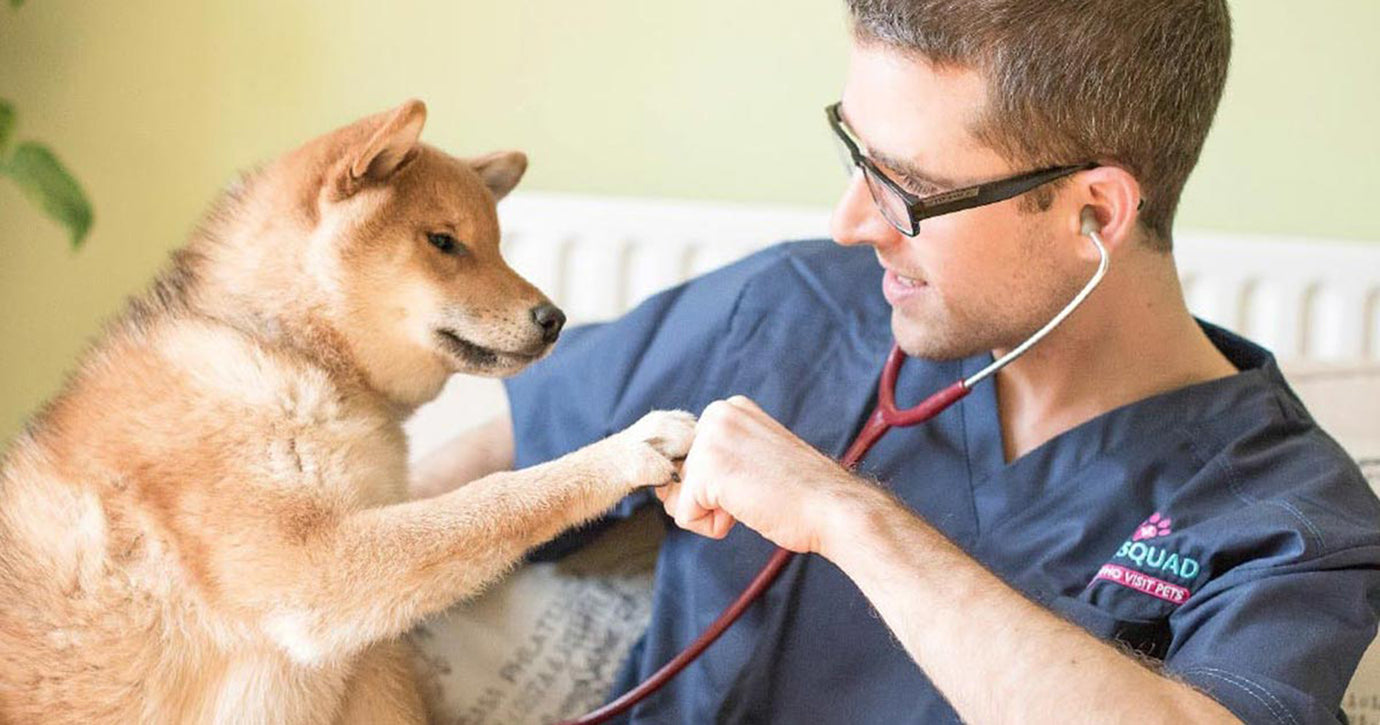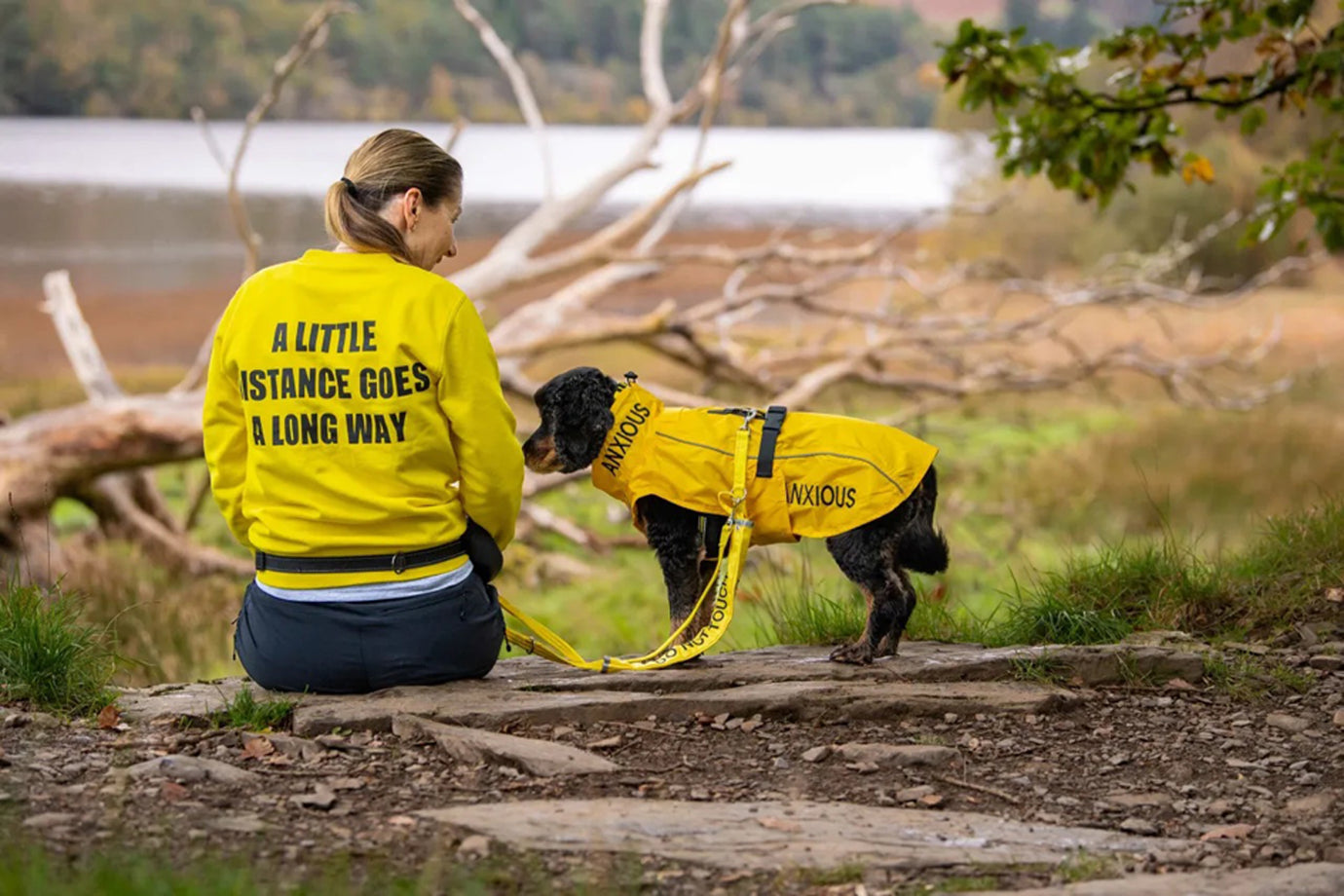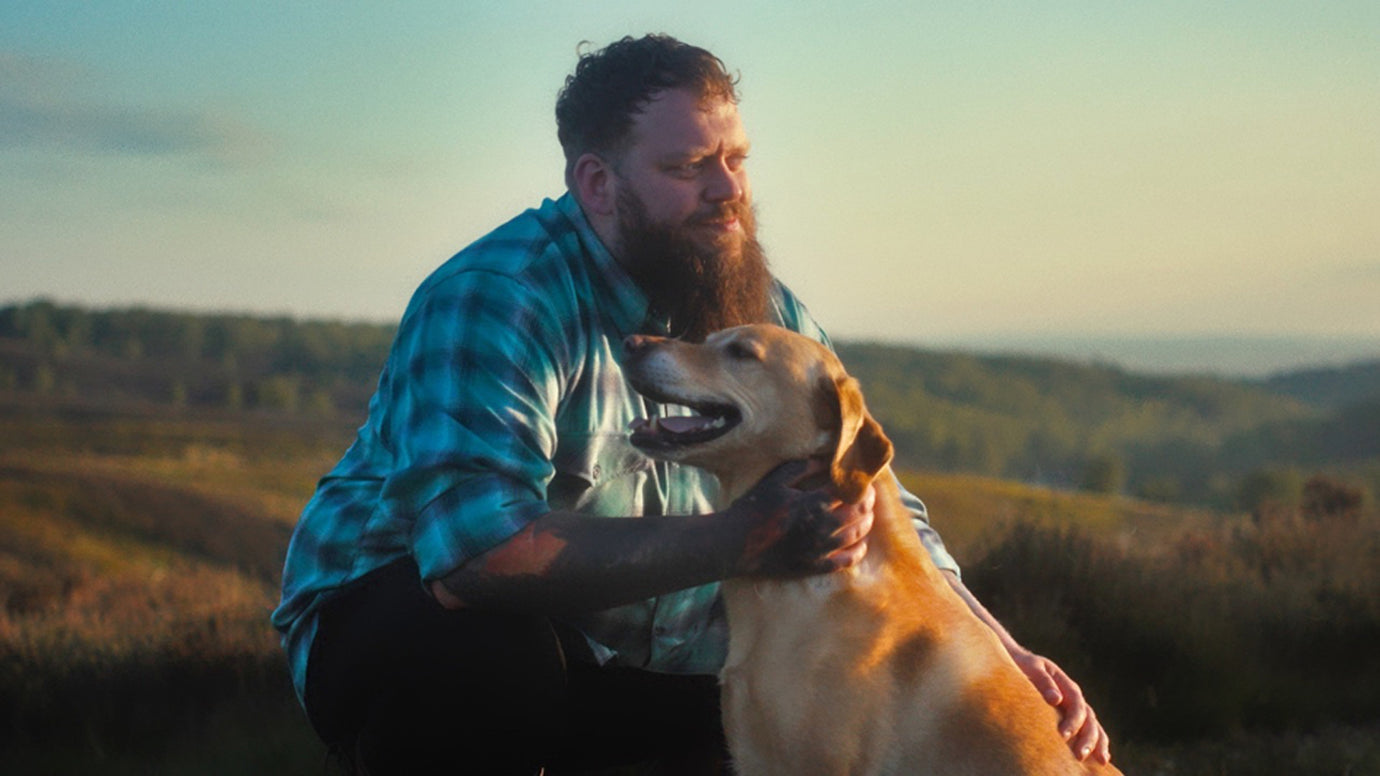Why using 'baby-talk' improves our bond with dogs

Using "dog-speak" is important in building a bond between a dog and their owner, scientists from the University of York have found.
BBC News reports that during a series of tests, dogs were spoken to in a high-pitched voice and again in a normal adult voice.
Researchers then monitored which speaker the dogs responded to and wanted to interact with. PhD student Alex Benjamin said it seemed dogs were more likely to favour the speaker who used a high pitch.
Baby talk
The researchers wanted to test whether speaking to dogs in "dog-directed" speech was useful to the animals, or whether humans did this simply because they view pets in the same way as babies. "Dog-directed" speech involves speaking in a high-pitched voice with exaggerated emotion - in a similar way that adults often talk to small children.
Dr Katie Slocombe from the university's department of psychology explains: "This high-pitched rhythmic speech is common in human interactions with dogs in western cultures, but there isn't a great deal known about whether it benefits a dog. "We wanted to see whether social bonding between animals and humans was influenced by the type and content of the communication."
Who's a good boy then?
During the tests, phrases such as "you're a good dog!" and "shall we go for a walk?", were used.
Next, another person would talk to the animal in a normal voice about non-dog-related content, for example "I went to the cinema last night." The speakers then mixed "dog-directed" speech with non-dog- related words, and normal speech with dog-related words.
Researchers measured both the attentiveness of the dog while the speaker was talking, and whom the dog wanted to interact with once the speaker had finished. The scientists found dogs were more likely to want to spend time with the speaker who had used both "dog-directed" speech and dog-related content.
When the different types of speech were mixed up dogs did not show a preference for either speaker. It led student Alex Benjamin to conclude: "This suggests that adult dogs need to hear dog-relevant words spoken in a high-pitched emotional voice in order to find it relevant."
The researchers could start looking into whether puppies demonstrate similar preferences, however there are no plans to carry out the same tests with cats.
(Story source: BBC News)




